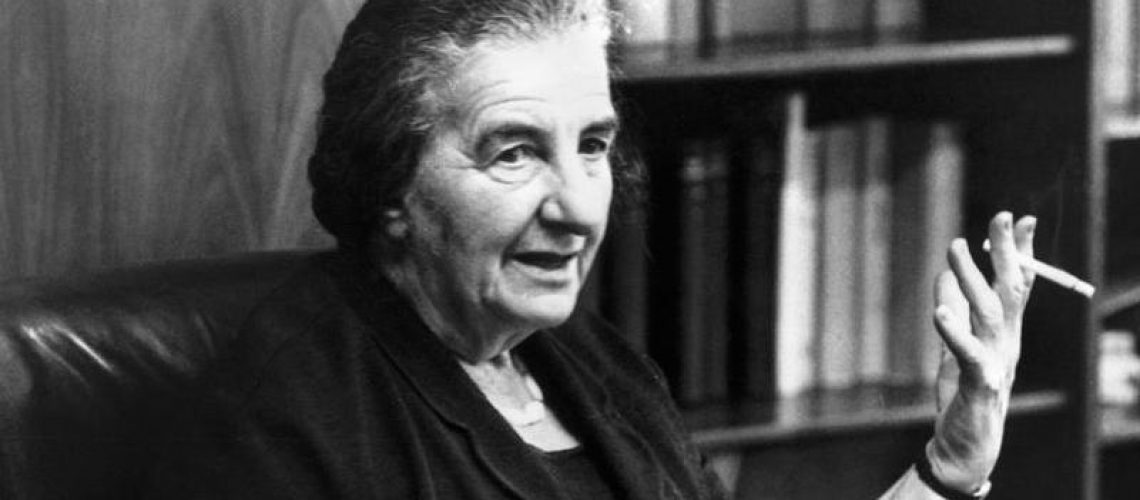Like millions of other Jews around the world, 50 years ago, I was gripped by trepidation for Israel’s survival as what came to be known as the Six Day War began. Soon, however, our fears turned to awe and jubilation as the dimensions of Israel’s military triumph became clear. Our admiration for Israelis and their government knew no bounds.
Yet my own very positive sentiments began to sour a few years later, when it became evident that Israel’s government was not making every effort diplomatically to end the Israeli-Arab conflict, with Israel’s status as a Jewish-majority state and a liberal democracy secured and normalized in the Middle East. My first tipoff was Prime Minister Golda Meir pointedly denigrating as “nothing new” Egyptian President Anwar Sadat’s overtures for a peace agreement, contingent upon Israeli withdrawals. Hardly anyone knew at the time that a possible breakthrough peace with Jordan was also on offer, ending what is now a 50-year occupation over the Palestinian-populated territories taken in 1967.
I’m aware that there are complications. The entire Arab world dropped the ball big time with the three noes of the Khartoum Summit (no to negotiations, no to recognition, no to peace) shortly after the war. Even Oxford University historian Avi Shlaim, an expatriate Israeli who often comes across as an apologist for Arab actions, is aware that their statement at Khartoum was read by Israel as totally rejectionist, even as he argues that it was intended to be more moderate and reasonable than believed.
Despite his bias, I rely upon Shlaim because he’s a legitimate scholar and an important biographer of Jordan’s King Hussein. At the time of the 40th anniversary in 2007, I wrote a counter-factual history essay (“What was and might have been”) that broached how a three-way peace process might have been forged among Israel, Egypt and Jordan in the early 1970s, thereby precluding the Yom Kippur War of 1973 and effectively ending the Israeli-Palestinian conflict.
This year, in connection with the 50th anniversary, Jewish Currents published “Golda’s Missed Opportunities for Peace,” my new straight historical piece on this period. Given the significance of both King Hussein’s ill-fated decision to attack Jerusalem on June 5, 1967 and the bone-headed Khartoum statement three months later in setting the stage for Israel’s 50-year history as an occupier, the article might have been called “Missed Opportunities for Peace,” without highlighting the blame on Golda Meir. But Golda’s ill-considered decisions (or indecision) as prime minister from 1969 until 1974, first drew my attention and frustrations decades ago.

